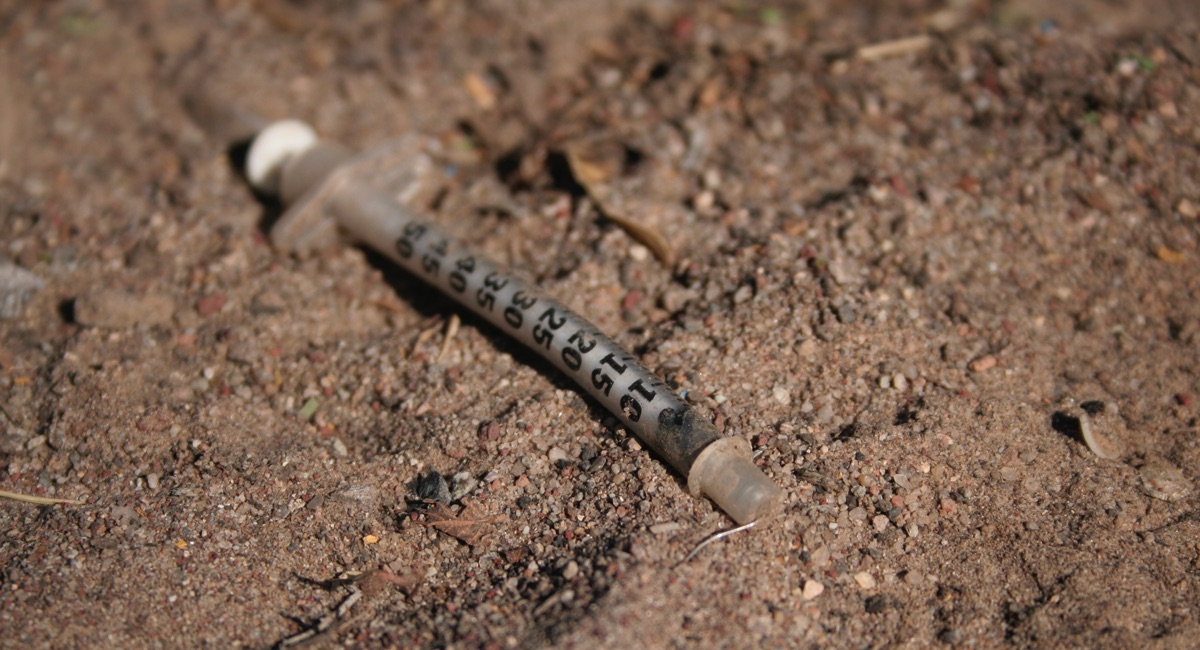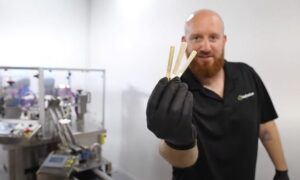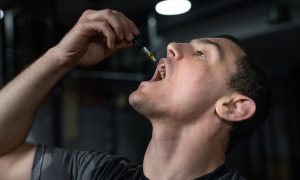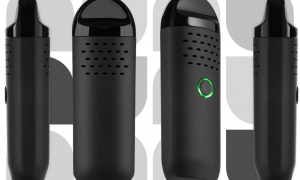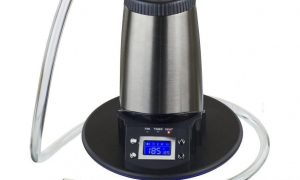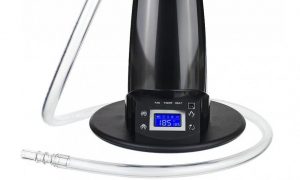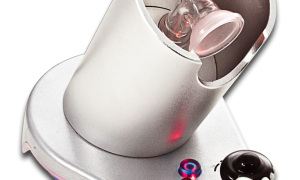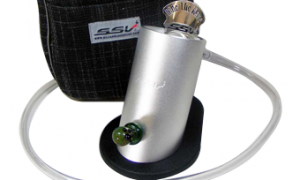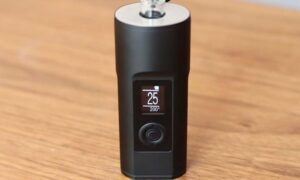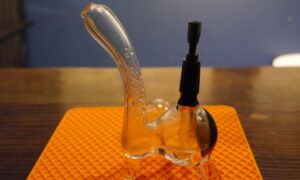Victoria last week approved the trial of a drug injection room in Melbourne, causing a massive stir among conservatives. But the initiative will almost certainly save lives. Drug expert and reform advocate Dr Alex Wodak writes about why Australia needs consumption rooms in this piece from 2016.
Dopamine also spoke with Wodak last year about injection rooms and ice. Read the interview here.
As senior law enforcement officials line up to say Australia cannot arrest its way out of our illicit drug problems, some politicians have expressed opposing views about drug consumption rooms. This debate is now raging in Melbourne.
Drug consumption rooms enable people to use drugs under the supervision of trained staff. Generally established close to large drug markets, they have been shown to reduce the spread of HIV and hepatitis C, reduce deaths and injuries due to drug overdose, reduce ambulance call-outs, increase referral to health and social services including detoxification and drug addiction treatment and reduce public drug injecting and numbers of discarded needles.
The annual cost of Sydney’s Medically Supervised Injecting Centre is about A$3 million, roughly equivalent to the annual cost of imprisoning about 30 people. While the benefits of incarceration can be difficult to identify, the Medically Supervised Injecting Centre produces larger financial savings than it costs to run.
Another benefit of drug consumption rooms is providing authorities with rapid feedback about the drugs currently used in the street.
Drug consumption rooms are remarkably effective at attracting isolated people with almost no contact with any health or social service. Many have off-the-scale mental and physical health problems.
Some drug consumption rooms only focus on supervised drug consumption and emergency care in the event of an overdose. Others also provide a wide range of health and social supports. The range of additional services can include counselling, health education, food, referral to health care including drug treatment and social assistance, shower and clothes wash, the use of a phone, and referral to work or social integration services.
The first official drug consumption rooms established in Bern, Switzerland, in 1986. There are now 88 drug consumption rooms operating in 58 cities in nine countries. Most drug consumption rooms are in Europe. Outside Europe there is only one drug consumption room in Sydney and another in Vancouver. Canada wants to open more drug consumption rooms while France, Ireland, Slovenia and Portugal are all planning to open drug consumption rooms this year.
The best evaluations of drug consumption rooms were carried out in Sydney and Vancouver. These found no evidence of increased crime in the vicinity, and no evidence for increased drug use or delayed entry to drug treatment. Fears that the problems of drug markets might be exacerbated have proved groundless.
In some European cities, inhalation of drugs such as crack cocaine, heroin and ice has become more common than injecting. Consequently, drug consumption rooms are now being set up to provide supervised inhalation.
These drug consumption rooms may be a great help in Australia, where there is considerable anxiety about ice – a drug that is often heated, releasing a vapour that is then inhaled. In order to avoid occupational health problems for staff, drug consumption rooms providing supervised inhalation have powerful ventilation and extraction systems.
The Melbourne debate
Former Victorian premier Jeff Kennett has been strongly advocating the establishment of a Melbourne drug consumption room since visiting the Medically Supervised Injecting Centre in Sydney’s Kings Cross in 2015. After 15 years of work on mental health at Beyondblue, Kennett understands how tough life is for people who attend a drug consumption room.
Victorian Premier Daniel Andrews made an election promise not to establish a drug consumption room in the state. However, he could make a commitment – preferably a bipartisan one – to establish a drug consumption room in Melbourne after the next state election. The case for drug consumption rooms is now extremely strong and the case against them is remarkably weak.
Melbourne Lord Mayor Robert Doyle is strongly against establishing a drug consumption room in the city. He argues that drug consumption rooms don’t break the crime nexus. While that is true, this was never their objective. It is equivalent to objecting to safety belts because they don’t stop car crashes.
Doyle’s claims that drug consumption rooms don’t get people off drugs is simply incorrect. They increase referral to treatment in a population with almost zero current access to treatment, and there is plenty of evidence treatment helps people to come off drugs.
His argument that drug consumption rooms are “not a silver bullet” conveniently set up a straw man: no serious advocate has made this claim.
Doyle’s claim that drug consumption rooms are still experimental is irreconcilable with their 30-year history and the impressive evidence of their impact.
He was closer to the mark when he argued that services for drug users should be better co-ordinated, but why not improve co-ordination and establish a drug consumption room? His claim that a single drug consumption room doesn’t reach “all addicts” is true, but neither does a single police station.
Doyle’s most interesting suggestion was his surprising defence of prescription heroin treatment. Trials of heroin-assisted treatment in six countries involving a total of more than 1,670 severely dependent heroin users who never responded to previous treatment provided substantial health and crime-reduction benefits. The Howard government was wrong to stop Australia’s trial 19 years ago; the Turnbull government would be agile, nimble and innovative to allow a heroin trial to now proceed.
Sydney’s Medically Supervised Injecting Centre began operating in 2001. Despite the strong evidence of its benefit, it is still the only one in the country. A country that based drug policy on evidence would have established additional drug consumption rooms years ago.
—
Alex Wodak, Emeritus Consultant, St Vincent’s Hospital, Darlinghurst
This article was originally published on The Conversation. Read the original article.

